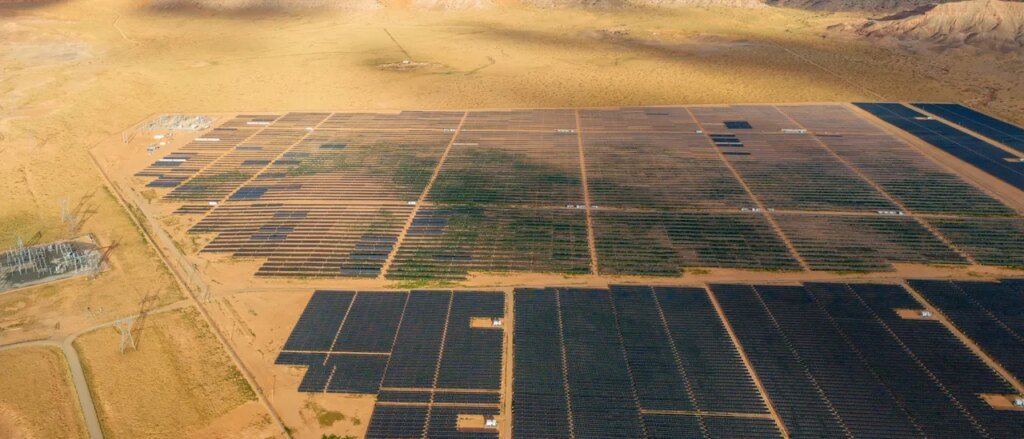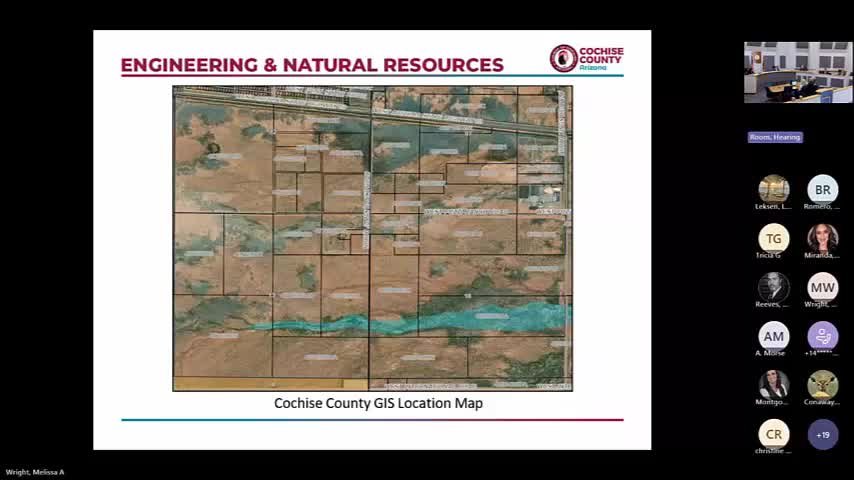Energy Secretary Responds to Criticism of Trump Administration’s Policies
In a recent interview with Politico, Energy Secretary Chris Wright defended the Trump administration against accusations that its policies would harm the wind and solar industries in the U.S.
“We’re not ending renewables,” Wright stated. “Previous administrations believed that wind, solar, and batteries could power everything, but they need to be viewed more realistically.”
This perspective seems to recognize a shift in how energy transition is understood today. It’s a time when optimistic narratives face scrutiny grounded in the laws of physics, which aren’t just guidelines, but fundamental principles.
A key issue with the current central planning approach is the unrealistic expectation that taxpayers will switch from traditional energy sources—like natural gas, coal, and nuclear—to promises made by advocates of “green” energy. That’s just not how things work.
Nonetheless, Wright emphasized that wind and solar can still have roles in a functioning, well-managed power grid. If the grid remains stable and reliable, it may not align entirely with what their supporters envision.
Interestingly, his views appear somewhat at odds with Trump’s recent comments, where he mentioned the high energy costs in states reliant on wind power, asserting that “the day of foolishness is over in America!!! MAGA.”
Wright also highlighted that solar’s fundamental viability, especially without subsidies, is growing, unlike wind, which faces more challenges, particularly regarding land use and dependency on subsidies.
This conversation coincided with Wright’s visit to a National Energy Institute in Ames, Iowa, a state that has relied heavily on wind energy. Local senators have been urging the administration to ensure continued access to federal grants for ongoing wind and solar projects.
Recent IRS guidance seems to address these concerns, ensuring that projects currently under construction are protected. However, projects not started by a certain deadline may need to operate without subsidies—raising questions about their sustainability.
In the end, while wind and solar may not be disappearing soon, they might require more support than is currently anticipated by the administration.







